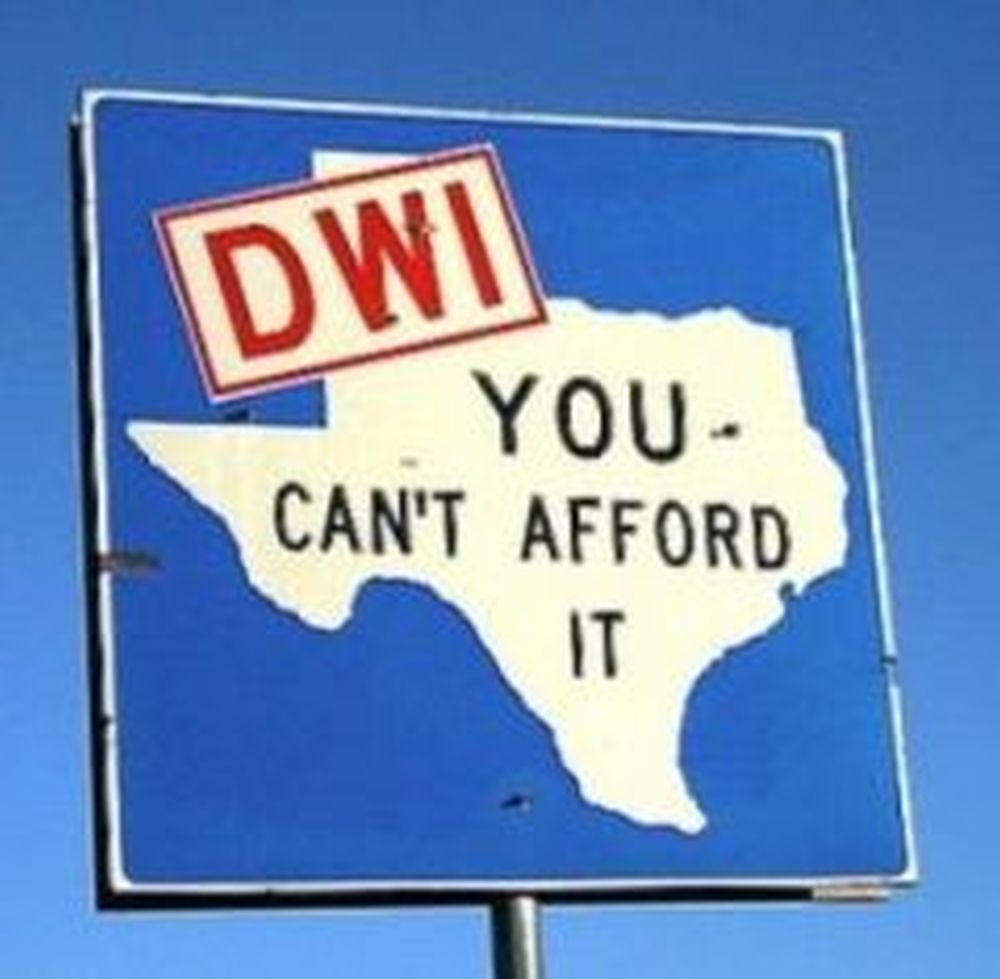Auto insurance fraud is a lurking monster, costing American families around $700 a year. It's essential for you to recognize the two main types: soft fraud, where claims are exaggerated, and hard fraud, involving staged accidents. But how can you protect yourself from these deceitful practices? Understanding your role in this landscape can make a significant difference in your premiums and overall insurance experience. What steps can you take to safeguard your interests?
Auto insurance fraud is a pervasive issue that not only impacts insurers but also drives up costs for consumers like you. The financial implications are staggering; projections suggest that auto insurance fraud costs American families up to $700 annually. When you consider that the FBI estimates the overall cost of insurance fraud exceeds $40 billion each year, it becomes clear why your premiums might be higher than expected. Approximately 10% to 20% of insurance claims are fraudulent, indicating a significant risk that every policyholder faces.
Understanding the types of fraud is important for protecting yourself. Soft fraud often involves providing inaccurate information or exaggerating claims to receive lower premiums. You mightn't realize it, but lying on your insurance application to obtain a better rate falls under this category. Accurate information is critical to ensuring fair premiums.
Understanding the types of fraud, particularly soft fraud, is crucial for safeguarding your insurance and finances.
On the other hand, hard fraud is more blatant, involving intentional acts like staging accidents or committing arson. These acts can lead to claims for damages or injuries that never actually occurred. Staged collisions, for instance, are often orchestrated by organized crime groups and can involve multiple participants, including drivers and medical professionals, all working together to defraud insurers. These scams typically lead to claims for phantom injuries, such as whiplash, ultimately driving up costs for honest consumers like you.
Organized auto fraud frequently targets urban areas, where sophisticated networks operate. These rings can include a range of participants, from doctors to body shop owners, all complicit in causing significant financial losses for insurers. In Fiscal Year 2022-23, the potential loss from organized fraud amounted to $10,903,034, highlighting the scale of the issue.
As a result, legitimate policyholders, especially those in low-income areas, may find themselves facing disproportionately high premium increases. A staggering 72% of alleged fraud victims report experiencing hikes in their insurance premiums, underscoring the broader impact of these schemes.
The legal landscape surrounding auto insurance fraud is complex. Many cases go unreported, with around 29% of suspected victims choosing not to inform their insurers. Failing to report fraud can be detrimental, as false reporting may lead to policy cancellation for those who do so.
Depending on the severity of the fraud, perpetrators may face fines or jail time, adding another layer of consequence to their actions. Regulatory efforts and law enforcement coordination aim to combat these crimes, but your vigilance is essential.
You can take proactive steps to protect yourself from auto insurance fraud. Maintaining accurate records of your insurance claims and interactions is crucial. Working with reputable insurance agents helps reduce your risk.
Verifying the legitimacy of insurance companies and agents before engaging with them can save you from potential scams. Additionally, practicing defensive driving not only enhances your safety but also lowers the likelihood of being involved in fraudulent claims.
Reporting suspected scams promptly contributes to a collective effort against fraud, benefiting all consumers in the long run. By staying informed and vigilant, you can help mitigate the impact of auto insurance fraud on your wallet and the industry as a whole.
Conclusion
In traversing the complex landscape of auto insurance, it's essential to keep your guard up against fraud. Think of it as safeguarding your financial garden—water it with accurate records and vigilance, and it'll flourish. By staying informed and reporting suspicious activity, you not only protect your premiums but also contribute to the integrity of the insurance system. Remember, knowledge is your best defense, and a proactive approach will help you avoid the pitfalls that can drive costs skyward.

